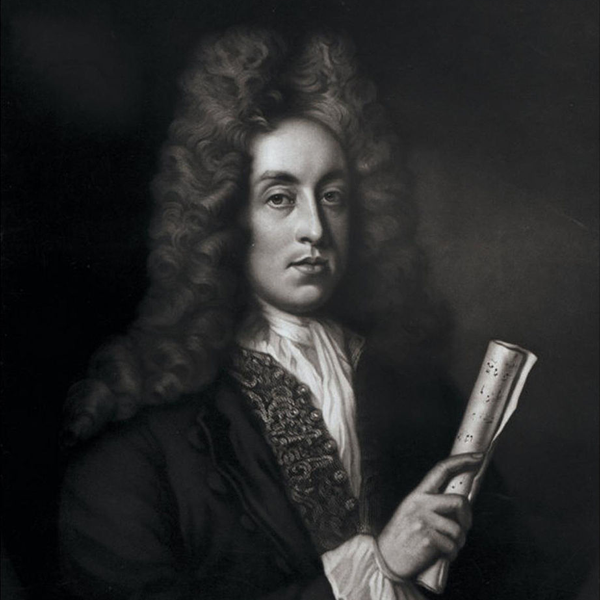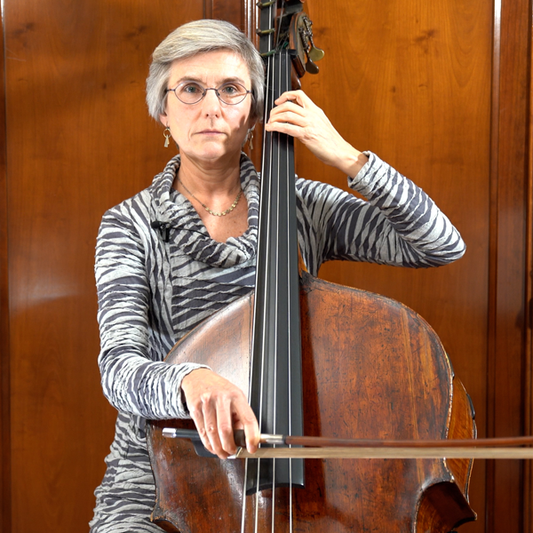
Henry Purcell
Henry Purcell was born in London in 1659, the son of a singer at the Chapel Royal. Purcell himself was admitted as a boy chorister after his father’s death in 1664, where he received his first instruction in music under the Master of Children. He composed from a young age, with his earliest identifiable work being written when he was just eleven years old. Purcell later studied with John Blow, and was eventually appointed as copyist at Westminster Abbey. In 1679, Blow resigned his position as organist of Westminster Abbey and Purcell was appointed in his place, allowing him to devote himself to the composition of sacred music. Purcell also began to have a number of successes writing music for the stage, including incidental music for a number of plays and his opera Dido and Aeneas, a very important work in the history of English dramatic music.
Purcell wrote a huge amount of music throughout his lifetime, and is remembered for developing a uniquely English form of Baroque music. No other English composer approached his fame until the twentieth century, when composers such as Edward Elgar and Ralph Vaughan Williams became well-known outside of England.
-
Purcell — Rondeau: Cathy Elliott — Video Course
Regular price £5.99 GBPRegular priceUnit price / per£0.00 GBPSale price £5.99 GBP
